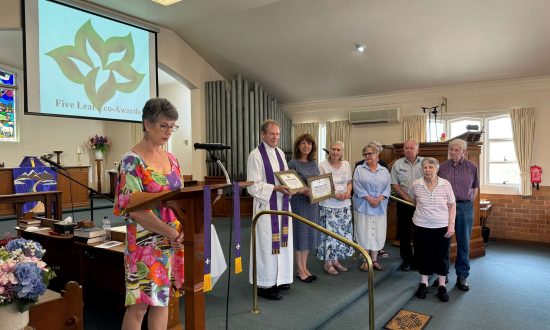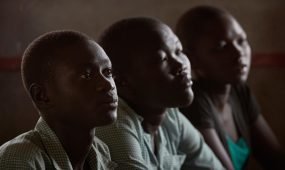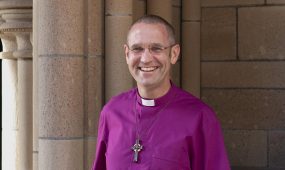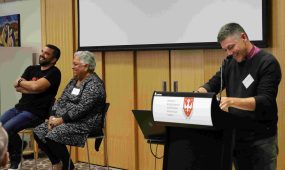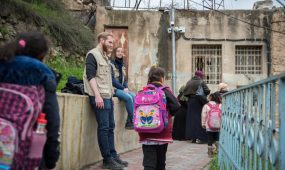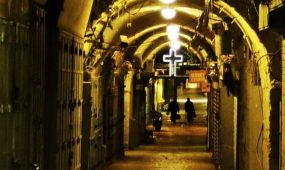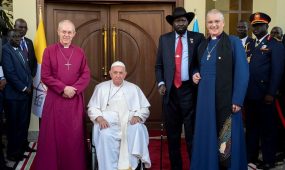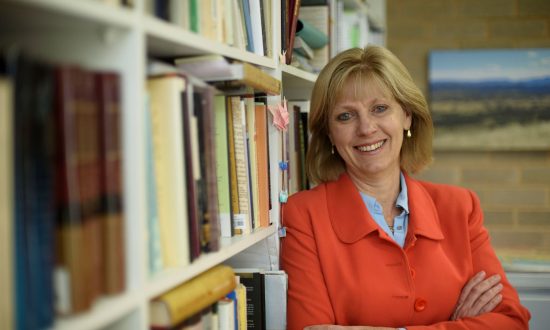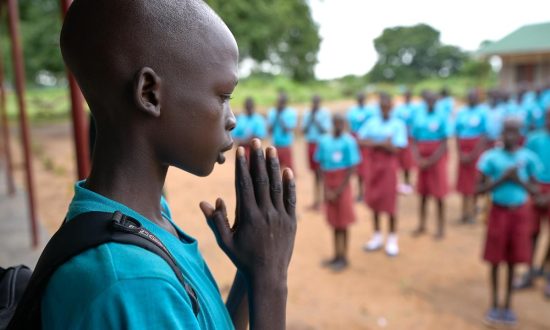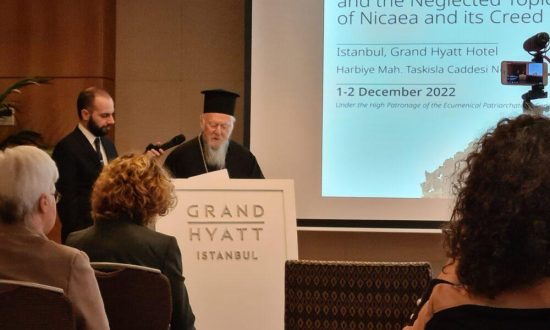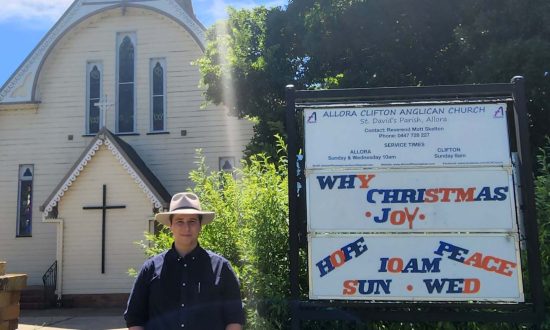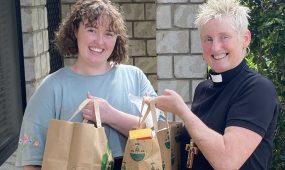
“As we launch our foodbank in early December, please hold us in your prayers. The need is great, and we are very keen to respond to human need in loving service. Please pray that we may be sensitive to the leading of the Holy Spirit, compassionate to those we seek to serve and creative and collaborative in our work together,” says The Rev’d Loretta Tyler-Moss

Cannon Hill Anglican College students recently visited Lourdes Hill College for a special student forum with Catholic and other secondary schools about Pope Francis’ encyclical Laudato Si’: on care for our common home. Find out more about the forum, including from CHAC Social Justice Coordinator Marion Rutter and students Sienna and Anouk
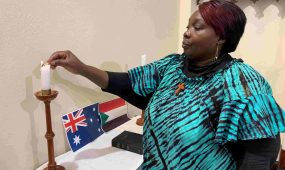
Members of our Diocesan community recently joined in a global ecumenical prayer vigil, hosted online by the World Council of Churches, which gathered clergy and lay people in solidarity, hope and lament for the people of Sudan who continue to suffer amidst the violent conflict — resources are available for online or in-person vigils
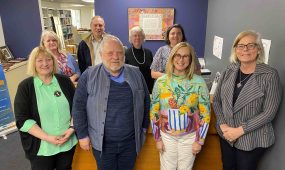
The annual in-person meeting of the ecumenical officers of the state, territory and Australian national councils of Churches was recently held in Sydney
 The Baru Beat
The Baru Beat

